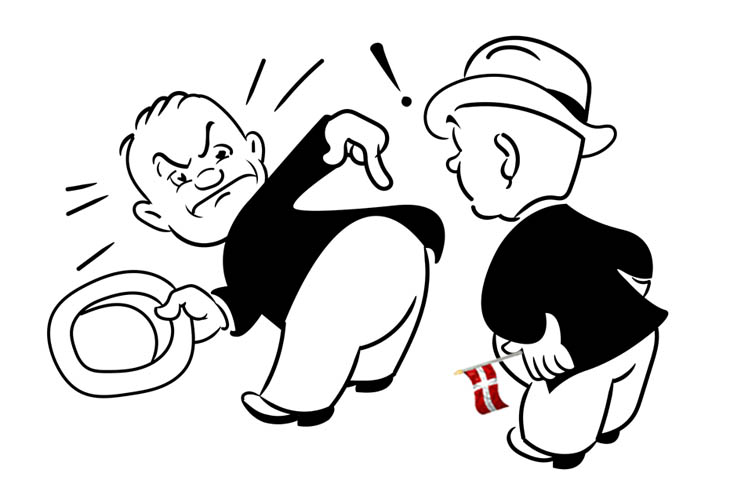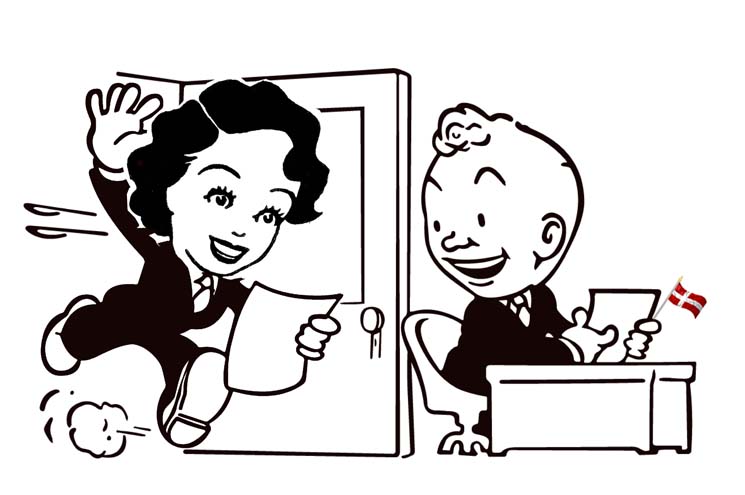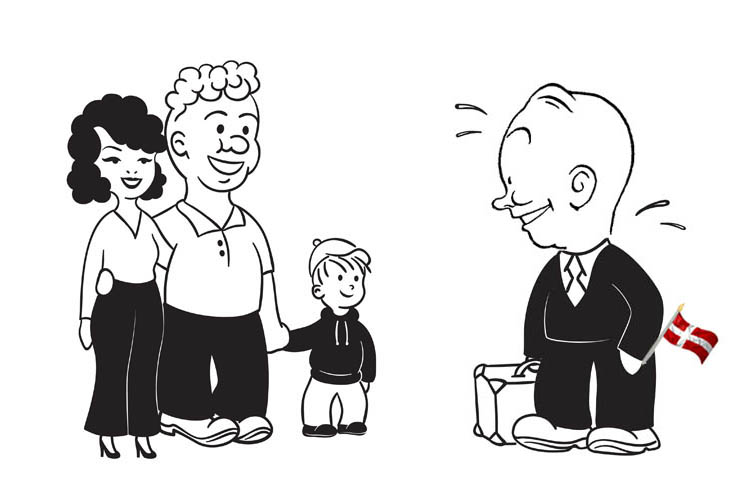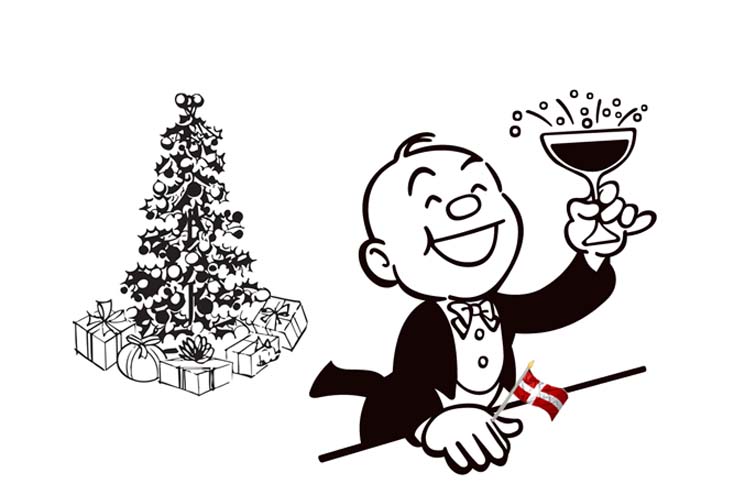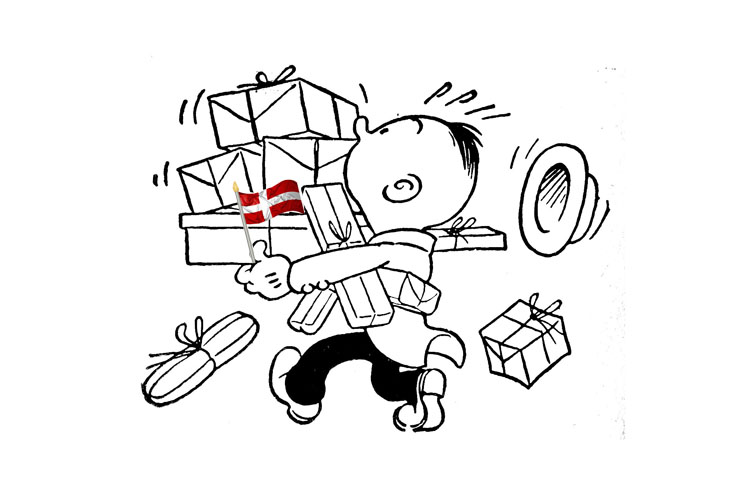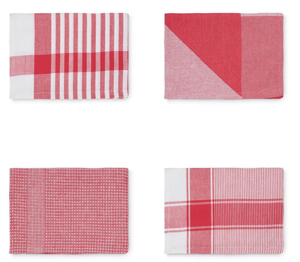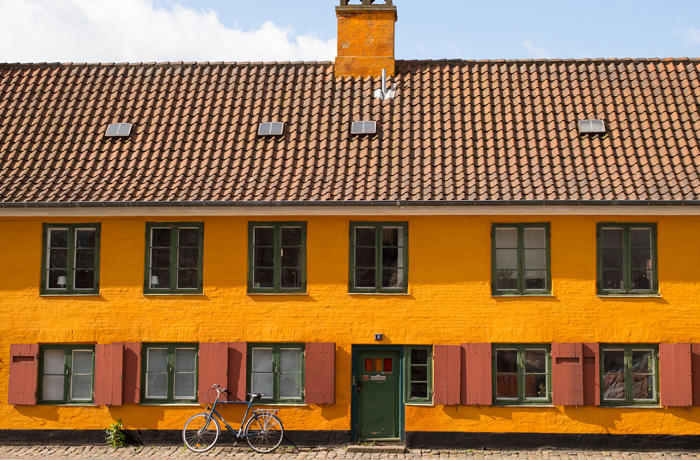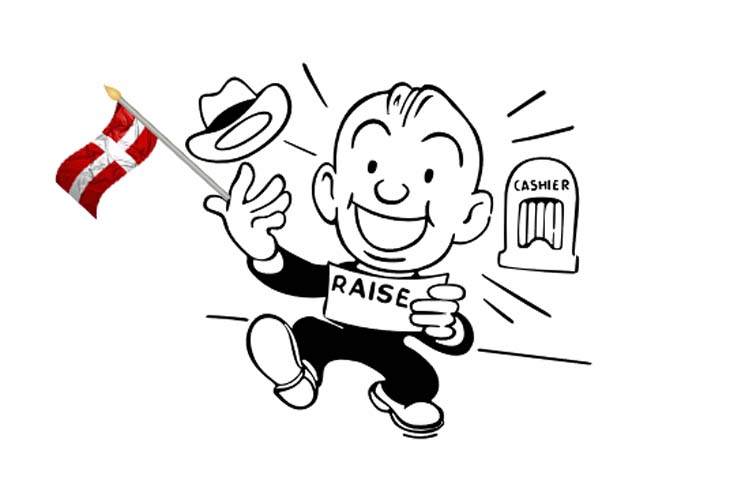We’ve talked on the podcast about what to do if you’re spending your Christmas holiday with family and friends – but what if you’re not? What if you’re an international who is alone in Denmark during the holiday season?
This is a topic that is near to my heart, because it was what happened to me when I first arrived in Denmark. It wasn’t Christmastime, it was spring, when the Danish holidays come one after the other.
I didn’t know anybody, I didn’t speak the language, and back then all the stores were closed on holidays. I had to live off hot dogs from the hot dog wagons. So I know what it’s like.
These days supermarkets are open for at least limited hours during the holidays, but not much else is, particularly on the big three days – December 24, 25, and 26. On December 24, the buses even stop running for a few hours so the drivers can be with their families.
So, if you’re alone for Christmas in Denmark, what do you do?
Plan a project in advance
Well, the first thing to do is prepare in advance. Basically, there is not much going on in Denmark between December 23, which is when the stores close after Christmas shopping, and Jan 2, when the normal work week resumes. That’s about 10 days.
So, it’s good to prepare a project. A big box set is good. I recommend the Danish TV series Matador, which is about a rivalry between two families. Danes will tell you that it totally explains Danish culture and thinking.
Other big projects are good too, like cleaning off your computer, or getting your taxes in order. One of the Danes’ favorite ways to shield their income from taxes is making contributions to a pension fund, and the window closes sometime between Christmas and New Year’s, on the last banking day of the year.
Continue Reading

